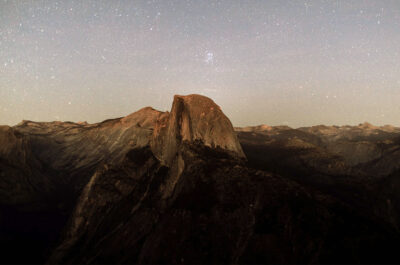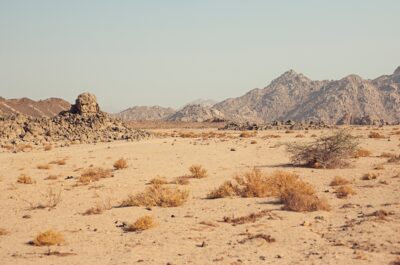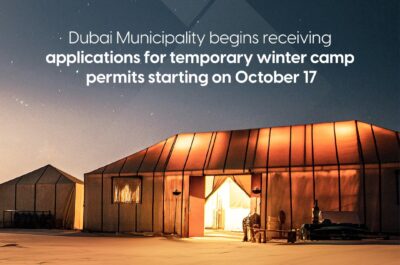One in four campers is Hispanic, Asian-American or African-American, and free Wi-Fi ranks as one of the three most valued campground amenities according to KOA’s 2015 North American Camping Report.
BILLINGS, MONT. – The percentage of Hispanic, Asian-American and African-American campers across North America has doubled since 2012, and more campers today prioritize access to free Wi-Fi over traditional camping amenities, such as access to cabins or recreational activities, according to the 2015 North American Camping Report, an independent study supported by Kampgrounds of America, Inc. (KOA).
The must-have camping gear, according to the results of the survey of nearly 3,000 people across the U.S. and Canada, is the cell phone, as 83 percent of all campers bring their mobile phone to the great outdoors.
What’s more, the heart wins out over the wallet, as more people today see camping as a way to escape the stress of everyday life than as an affordable vacation option.
“Camping today is more diverse than ever before, from who’s experiencing the great outdoors and how they’re planning travel to what amenities they prioritize and why they value camping,” said KOA CEO Jim Rogers. “Camping is not a one-size-fits-all travel experience. We’ve evolved our approach to outdoor hospitality by stressing what’s behind our yellow sign to ensure we’re matching camper expectations consistently, whether they’re enjoying the outdoors with a smartphone in hand or a good old-fashioned map.”
Highlights from the 2015 North American Camping Report include the following:
Outdoor Melting Pot
Nearly one in four campers in 2014 identified themselves as either African-American, Asian/Pacific Islander or Hispanic, a significant increase compared to past industry research efforts. Other key survey highlights include:
- Camping rates among nonwhites have doubled from as recently as 2012, jumping from 12 percent up to 23 percent.
- Among multicultural groups, camping rates among Asian/Pacific Islanders have increased the most over the last two years, representing only 1 percent of the total camping population in 2012, compared to 6 percent in 2014. This group’s camping activity now closely mirrors the overall population (5 percent of total U.S. population, 6 percent of campers).
- Hispanics jumped from 2 percent of campers in 2012 to 6 percent in 2014, though this group is still the most underrepresented among campers (16 percent of total U.S. population, 6 percent of campers).
- Multicultural campers in general are more “plugged in” to technology during camping. African-American and Asian/Pacific Islander campers are the most frequent online users with almost two-thirds of survey respondents going online at least once a day while camping.
- Two-thirds (67 percent) of multicultural campers say that they read campground reviews before staying at a campground, compared to 53 percent of white/Caucasian campers.
Must-Have Camping Equipment: Wi-Fi and Mobile Phones
Today’s campers are more “plugged in” when preparing for camping trips and while at campsites. Of those surveyed, half of all campers (51 percent) claim that they go online at least once a day while camping, and four out of 10 (41 percent) say that having free Wi-Fi influences their decision to stay at a campground.
When selecting which campgrounds to visit and stay, free Wi-Fi ranks as the third most important amenity, behind only clean bathrooms and a kid-friendly environment, and outpaces access to recreational activities such as a campground store, cabins and even safety lighting.
The youngest campers (< 25) are more likely to bring a mobile phone (86 percent), compared to campers age 65+ (77 percent). Conversely, campers 25+ are somewhat more likely to bring along a laptop or notebook (29 percent) compared to the youngest campers (21 percent). Younger campers even say having a smartphone (28 percent) is almost as important as toilet paper (34 percent).
Camping as a Healthy Escape and Relationship Builder
Though the notion of camping as an inexpensive vacation option remains, survey results suggest that while the cash-saving aspect is still important, people are camping to build the emotional connection and relationships with family and friends in nature.
Survey highlights include:
- According to campers, reconnecting with nature (55 percent), reducing stress (54 percent), and spending more time with family and friends (49 percent) are the key reasons they camp. Economic and practical values were only identified as reasons for camping by less than 35 percent of those surveyed.
- Campers are likely to say that camping improves family relationships – in fact, 41 percent “completely agree” with this.
- Additionally, fully 4-in-10 campers (39 percent) suggest that camping has “a great deal of impact” on allowing them to spend more time with family. Another third of campers say that camping has a positive impact on their relationships with family and friends (35 percent) and their emotional well-being (36 percent).
2015 Season Outlook
Looking ahead to the 2015 camping season, a majority of campers (53 percent) plan to spend more nights camping, and almost half (48 percent) plan to take more trips. Other key findings related to campers’ plans for the 2015 season include:
- When asked what has the most impact on their decision to camp more, survey respondents cited spending more time with family and friends (68 percent), exploring new areas (67 percent), and decreased gas prices (60 percent) as the most impactful factors.
- Among campers who say that decreased gas prices are impacting their travel plans for the upcoming year, 88 percent plan to visit new areas, 88 percent say it will allow them to camp more often and 86 percent plan to visit new campgrounds.
- A substantially higher proportion of campers (39 percent) say they intend to make reservations via websites in 2015, compared to their typical behavior (29 percent).
2015 North American Camping Report
Vicky is the co-founder of TravelDailyNews Media Network where she is the Editor-in Chief. She is also responsible for the daily operation and the financial policy. She holds a Bachelor's degree in Tourism Business Administration from the Technical University of Athens and a Master in Business Administration (MBA) from the University of Wales.
She has many years of both academic and industrial experience within the travel industry. She has written/edited numerous articles in various tourism magazines.






























































































































































































